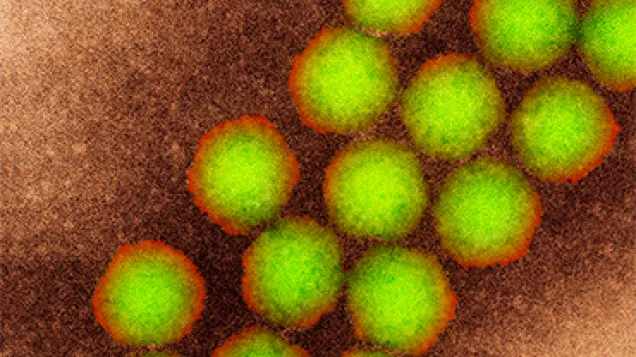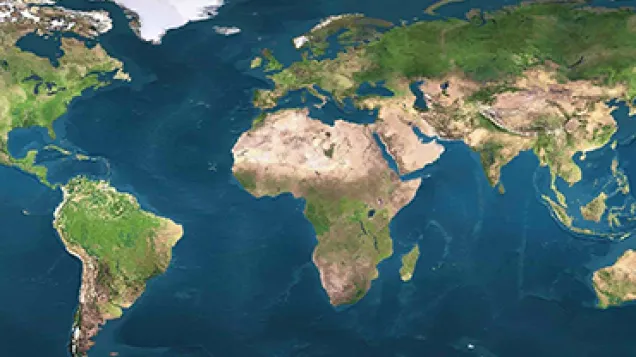Wastewater poliovirus detections in the EU call for continued strong surveillance and high vaccination coverage rates
The detections relate to oral vaccine-derived polioviruses type 2 (cVDPV2), across a number of cities in the EU, which may be indicative of a circulation of the viruses. To date, no human polio cases (acute flaccid paralysis (AFP) due to poliovirus) have been reported. ECDC recommends that public health authorities in the EU continue to ensure timely and high vaccination coverage in the general population, while also maintaining sensitive and efficient surveillance systems, including AFP and environmental surveillance.
’Europe has been polio-free since 2002, and it must stay that way. The only way to do so is by relentlessly ensuring high and effective vaccination programmes, both for children, when they're due, but also through catch-up programmes, for travellers, or for individuals entering the EU from high-risk areas who may not be fully vaccinated.’ - said Sabrina Bacci, Head of Section for Vaccine-preventable Diseases and Immunisation at ECDC.
Inactivated polio vaccines are used in all EU/EEA countries as part of the routine immunisation programme. While vaccination programmes are in place, as long as there are still non-vaccinated or under-vaccinated population groups in European countries and poliomyelitis is not eradicated globally, the risk of the virus being reintroduced in Europe remains.
‘ECDC previously estimated that up to 2.4 million children in the EU may not have been vaccinated against polio on time between 2012 and 2021. These numbers must be looked at with caution, of course, but the point is that additional efforts are needed to ensure full and timely protection of EU citizens,’ said Dr Bacci. ‘Targeted, effective as well as at-risk communications should be implemented, together with interventions to secure effective programmes. Healthcare workers are paramount in this regard.’
While the public health impact and significance of wastewater sample findings is yet to be determined, the priority actions remain the same: effective surveillance and high vaccination coverage across all communities. Europe continues to have a high capacity to achieve both these goals.
ECDC is closely monitoring the situation in the EU/EEA and worldwide and provides regular updates on the polio situation on a monthly basis through its communicable disease threat reports. ECDC also maintains a dashboard showing countries that are still endemic for polio and that have ongoing outbreaks of cVDPV, and is in close contact with authorities in EU/EEA countries and the WHO Regional Office for Europe to secure effective coordination and implementation of the Global Polio Eradication Initiative.
Share this page



